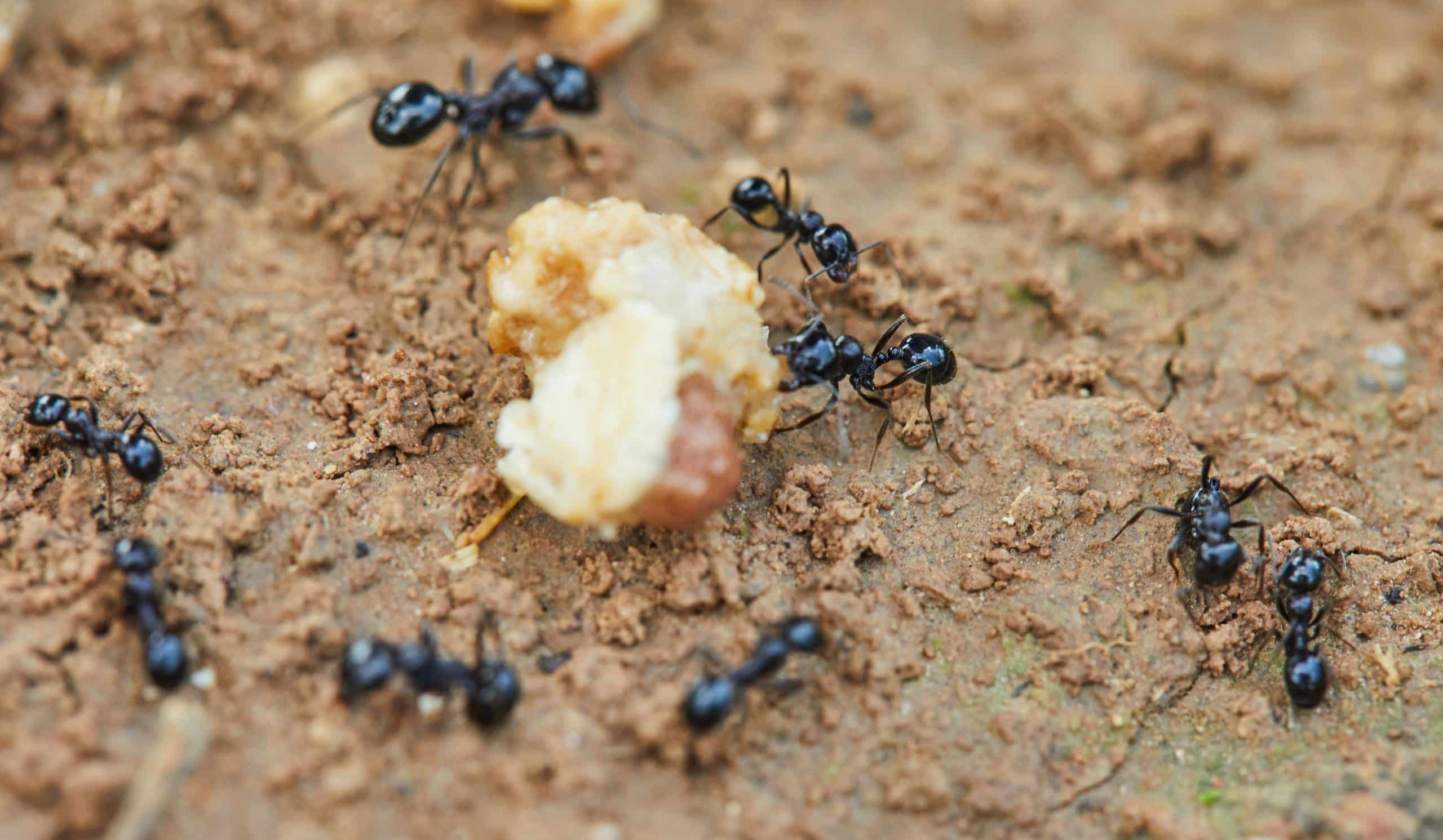Effective Pest Control for Ants: Comprehensive Guide to Keep Your Home Ant-Free
Table of Contents
Ant infestations are a common problem for homeowners, causing frustration and potential damage to property. It’s crucial to provide valuable information to our audience about effective pest control for ants. This blog post will cover various aspects of ant control, including identification, prevention, and treatment methods. By the end of this post, you’ll have a thorough understanding of how to manage and prevent ant infestations in your home.
Understanding Ants and Their Behavior
Ants are social insects that live in colonies, which can range from a few dozen to millions of individuals. These colonies are highly organized, with a clear division of labor among workers, soldiers, and reproductive ants. Understanding the behavior and biology of ants is the first step in effective pest control.
Common Types of Ants
- Argentine Ants: Small, light to dark brown ants known for forming large colonies with multiple queens. They prefer sweet foods and are commonly found in kitchens.
- Carpenter Ants: Large black or reddish-brown ants that nest in damp or decaying wood, causing structural damage.
- Odorous House Ants: Small, dark brown or black ants that emit a rotten coconut-like odor when crushed. They nest in wall voids and foundations.
- Fire Ants: Reddish-brown ants known for their painful sting. They create large mounds in open, sunny areas.
- Pavement Ants: Small, dark brown to black ants that nest under sidewalks, driveways, and building foundations.
Identifying an Ant Infestation
Identifying the type of ant infestation is crucial for selecting the appropriate treatment method. Here are some signs of an ant infestation:
- Visible Trails: Ants leave pheromone trails to communicate with other colony members. These trails are often seen along walls, floors, and countertops.
- Nests: Ant nests can be found in various locations, including soil, wood, and inside walls. Carpenter ants, for example, create smooth tunnels in wood.
- Food Contamination: Ants are attracted to food sources, especially sugary and greasy foods. Finding ants in your pantry or kitchen is a clear sign of an infestation.
Preventing Ant Infestations
Prevention is the best way to avoid ant infestations. Here are some effective prevention tips:
- Seal Entry Points: Inspect your home for cracks and gaps in the foundation, walls, and windows. Seal these entry points to prevent ants from entering.
- Maintain Cleanliness: Keep your home clean and free of food debris. Store food in sealed containers and clean up spills immediately.
- Eliminate Moisture: Ants are attracted to damp environments. Fix any leaks and ensure proper ventilation in areas prone to moisture.
- Trim Vegetation: Keep tree branches and shrubs trimmed away from your home to prevent ants from using them as bridges to enter.
Effective Ant Control Methods
There are several methods for controlling ant infestations, including DIY solutions and professional pest control services.
DIY Solutions
- Boric Acid and Sugar Bait: Mix ½ teaspoon of boric acid with eight teaspoons of sugar and 1 cup of water. Place the mixture in areas where ants are active. The sugar attracts the ants, and the boric acid kills them.
- White Vinegar: Spray a solution of equal parts white vinegar and water on ant trails and entry points. The vinegar disrupts their pheromone trails.
- Diatomaceous Earth: Sprinkle food-grade diatomaceous earth around entry points and areas where ants are active. This natural powder dehydrates and kills ants.
Professional Pest Control
For severe infestations, it’s best to contact a professional pest control service. Professionals can identify the type of ant infestation and apply targeted treatments. Here are some common professional methods:
- Baiting: Ant baits contain attractants and slow-acting insecticides. Ants carry the bait back to the colony, where it kills the queen and other members.
- Spraying: Insecticidal sprays can be applied to entry points and nests. These sprays provide immediate relief but may not eliminate the entire colony.
- Granular Products: Granular insecticides can be spread around the perimeter of your home. Ants carry the granules back to their nest, where they kill the colony.
Case Study: Successful Ant Control
At Dade Pest Solutions, we recently helped a homeowner with a severe carpenter ant infestation. The ants had nested in the wooden beams of the house, causing structural damage. Our team conducted a thorough inspection, identified the entry points, and applied a combination of baiting and spraying. Within a few weeks, the infestation was completely eradicated, and the homeowner was provided with prevention tips to avoid future infestations.
FAQ Section
Q1: How do I know if I have an ant infestation?
A: Common signs include visible ant trails, nests, and food contamination. Look for ants in your kitchen, pantry, and around entry points.
Q2: What attracts ants to my home?
A: Ants are attracted to food sources, especially sugary and greasy foods. They are also drawn to moisture and damp environments.
Q3: Are DIY ant control methods effective?
A: DIY methods can be effective for small infestations. However, for severe infestations, it’s best to contact a professional pest control service.
Q4: How can I prevent ants from entering my home?
A: Seal entry points, maintain cleanliness, eliminate moisture, and trim vegetation away from your home.
Q5: What should I do if I have a carpenter ant infestation?
A: Carpenter ants can cause significant structural damage. Contact a professional pest control service to identify and treat the infestation.
Q6: Are professional pest control treatments safe for pets and children?
A: Yes, professional pest control services use pet-friendly and child-safe treatments. Always follow the instructions provided by the pest control company.
Q7: How long does it take to get rid of an ant infestation?
A: The time required to eliminate an ant infestation depends on the severity and type of ants. It can take anywhere from a few days to several weeks.
Q8: Can ants cause health problems?
A: Some ants, like fire ants, can cause painful stings and allergic reactions. Other ants, like pharaoh ants, can carry and transmit diseases.
Q9: What is the most effective ant bait?
A: The effectiveness of ant bait depends on the type of ant and their food preferences. Common baits include boric acid and sugar, and commercial products like Terro and Advion.
Q10: How often should I inspect my home for ants?
A: Regular inspections, especially during warmer months, can help detect and prevent ant infestations. Inspect your home every few months and after heavy rains.
Conclusion
Ant infestations can be a persistent problem, but with the right knowledge and methods, they can be effectively managed and prevented. By understanding the behavior of ants, identifying signs of infestation, and implementing prevention and control measures, you can keep your home ant-free. For severe infestations, don’t hesitate to contact a professional pest control service like Dade Pest Solutions. Our team of experts is here to help you with all your pest control needs. Remember, the key to successful ant control is early detection and prompt action. Stay vigilant, and your home will remain a safe and comfortable place for you and your family.

